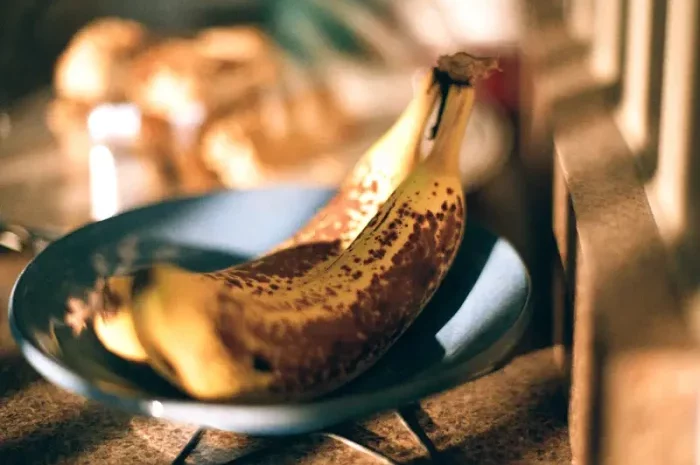Children genetically predisposed to type 1 diabetes who consume bananas, oats, and yogurt may face a higher risk of developing the disease, according to new research. Conversely, the study indicates that eating strawberries and blueberries can reduce this risk. The research also highlights that wheat increases the likelihood of type 1 diabetes, while vegetables such as broccoli, cauliflower, and cabbage appear to offer protective benefits.
Professor Suvi Virtanen from the Finnish Institute for Health and Welfare, who led the study, suggested that traces of pesticides found in some fruits might explain the varying impacts on diabetes risk. Virtanen and her team analyzed the diets of 5,674 Finnish children, all genetically predisposed to type 1 diabetes, tracking their health from birth until the age of six. By the end of the study period, 94 of these children had developed type 1 diabetes, while 206 exhibited islet autoimmunity, placing them at a significantly higher risk for the disease.
The study examined 34 different food groups and found that increased consumption of certain fruits like bananas and oats correlated with a heightened risk of type 1 diabetes. This finding may surprise many, given that these foods are typically considered healthy.
On the other hand, the consumption of berries—such as strawberries, blueberries, raspberries, and blackcurrants—was associated with a reduced risk of developing the condition. Berries are known to be rich in polyphenols, plant compounds that may reduce inflammation linked to type 1 diabetes. Virtanen noted that berries are less likely to contain pesticides compared to other fruits, which might contribute to their protective effect.
The research, presented at the European Association for the Study of Diabetes conference in Madrid, suggests that identifying specific protective factors in berries could lead to potential preventative strategies for type 1 diabetes. However, Virtanen cautioned against making immediate dietary recommendations for infants based on these findings alone.
The study’s conclusions diverge from the current understanding of type 1 diabetes, as stated by Diabetes UK. The charity maintains that the exact causes of type 1 diabetes remain unclear and that there is no evidence linking diet or lifestyle directly to its development.
In related research, a study presented at the same conference revealed that individuals who are “night owls”—those who stay up late—are nearly 50% more likely to develop type 2 diabetes compared to those who go to bed earlier. This study from the Netherlands adds to growing evidence that late-night habits could be associated with a higher risk of various health issues, including cancer, obesity, and heart disease. However, it remains uncertain whether the increased risk is due to lifestyle factors commonly associated with late-night routines or if it is directly related to disruptions in circadian rhythms and insufficient sleep.
Related topics:
Insulin-Metformin Combination Enhances Healing of Diabetic Foot Ulcers, Study Reveals
UK Regulator Clears Diabetes and Obesity Drugs of Suicide Risk
Low-Carb, High-Fat Diets Linked to Increased Risk of Type 2 Diabetes


























